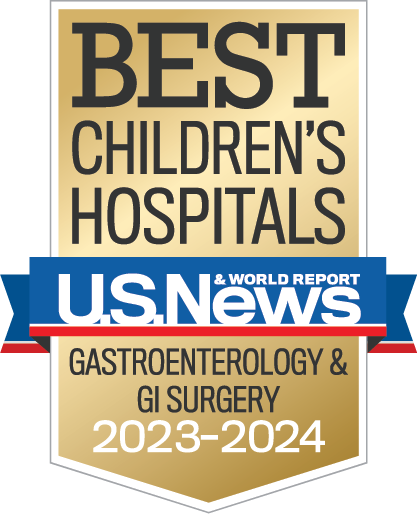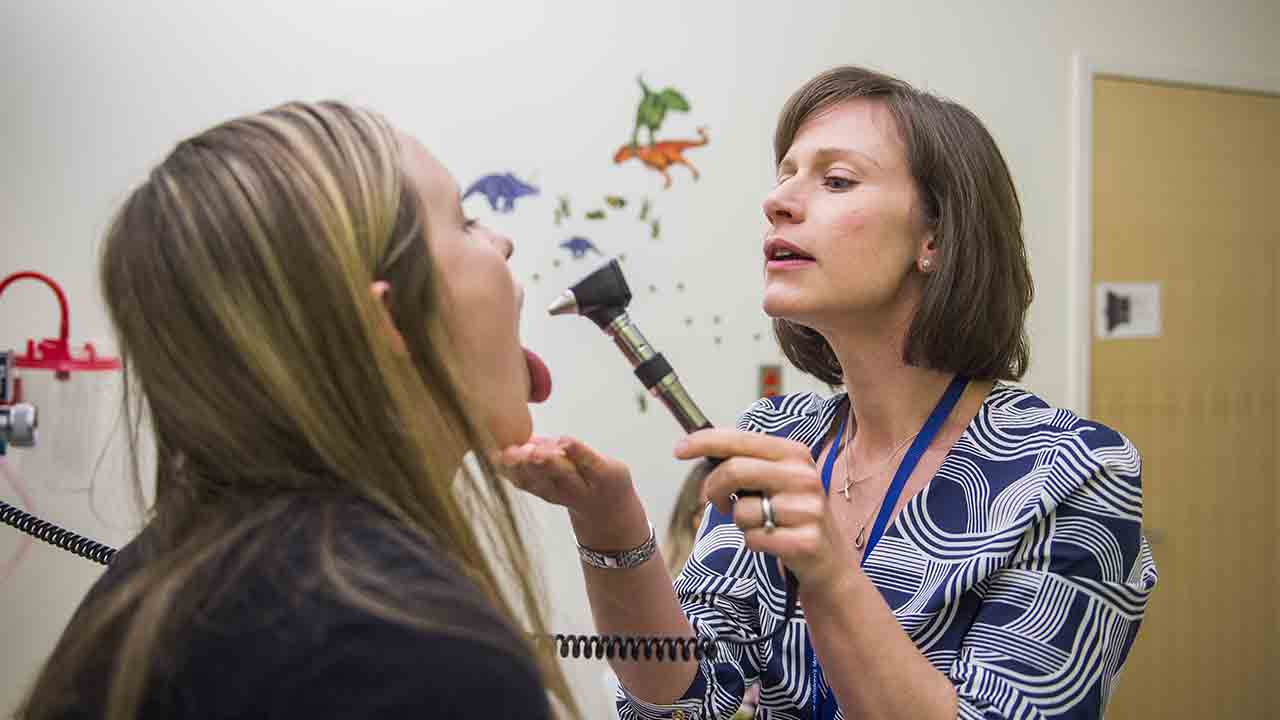- Doctors & Departments
-
Conditions & Advice
- Overview
- Conditions and Symptoms
- Symptom Checker
- Parent Resources
- The Connection Journey
- Calm A Crying Baby
- Sports Articles
- Dosage Tables
- Baby Guide
-
Your Visit
- Overview
- Prepare for Your Visit
- Your Overnight Stay
- Send a Cheer Card
- Family and Patient Resources
- Patient Cost Estimate
- Insurance and Financial Resources
- Online Bill Pay
- Medical Records
- Policies and Procedures
- We Ask Because We Care
Click to find the locations nearest youFind locations by region
See all locations -
Community
- Overview
- Addressing the Youth Mental Health Crisis
- Calendar of Events
- Child Health Advocacy
- Community Health
- Community Partners
- Corporate Relations
- Global Health
- Patient Advocacy
- Patient Stories
- Pediatric Affiliations
- Support Children’s Colorado
- Specialty Outreach Clinics
Your Support Matters
Upcoming Events
Mental Health Town Hall
Tuesday, April 23, 2024Join Children’s Hospital Colorado pediatric experts for a virtual...
-
Research & Innovation
- Overview
- Clinical Trials
- Q: Pediatric Health Advances
- Discoveries and Milestones
- Training and Internships
- Academic Affiliation
- Investigator Resources
- Funding Opportunities
- Center For Innovation
- Support Our Research
- Research Areas

It starts with a Q:
For the latest cutting-edge research, innovative collaborations and remarkable discoveries in child health, read stories from across all our areas of study in Q: Advances and Answers in Pediatric Health.


Ethics in the Digestive Health Institute
We pioneer and deliver some of the most groundbreaking treatments available for digestive disorders in children of all ages.

Pediatric medical ethics involves the pursuit of balance in values related to the medical care of children. In pediatrics, the principles of ethics not only apply to children as patients but also as subjects if they participate in medical research.

At Children’s Hospital Colorado, our approach to patient care is unique because we recognize that families are our partners in care. For this reason, we are committed to delivering family-centered care, including a whole-family approach to medical ethics.
Principles of medical ethics
The principles of medical ethics that we commonly use are autonomy, beneficence, non-maleficence and justice. These principles are meant to serve as a starting point in ongoing, guided discussions about providing optimal care for children in a secular healthcare system.
- Autonomy refers to the right of families to make decisions for their children, as long as it is in the child’s best interest.
- Beneficence is the principle to do what is right and good for children.
- Non-maleficence demands that providers and families do not harm children in their care.
- Justice asks us to balance societal values when making medical decisions for individuals, so that society has equal access to care and resources.
In Pediatric Gastroenterology, there are many children afflicted with conditions that require providers to consider the principles of medical ethics. These principles help the medical team provide the best care for your family and your child. For example, conditions such as inflammatory bowel disease may involve the use of high-risk medications or surgery. Our medical team always wants to help each family decide the best course of therapy for their child. This optimizes the principle of autonomy, as we strive to have your family be involved in a shared decision making process to deliver the best care for your child.
How the Digestive Health Institute applies ethics in patient care
Ethical principles are of the utmost importance to the Digestive Health Institute (DHI) of Children’s Hospital Colorado. Many conditions we care for in the DHI, such as failure to thrive or reflux, involve medical decisions regarding feeding tubes, IV nutrition or the long-term use of medications. Our transplant, aerodigestive, short bowel, eosinophilic esophagitis and interventional endoscopy programs also involve decisions that are very complex. It is our goal at the DHI to find the optimal balance of care that provides beneficent care without harm. This will also hopefully provide medical therapy that you and your family feel allows for the best medical outcomes in a fiscally prudent manner.
We as a group also hold conferences to assure the balance of ethical principles to all children that we care for. DHI provides education to our providers, nurses, fellows and staff to assure these principles are followed through at all levels of care. Further, we are dedicated to assuring ongoing improvement in this area by completing research on how to provide the optimal utilization of ethics. We hope that you will give us the opportunity to care for your children and feel confident that we provide the best, well-rounded and ethically responsible care for your child.
Contact us
Gastrointestinal Eosinophilic Diseases Program
Phone: 720-777-7457
Pediatric Inflammatory Bowel Disease Center
Phone: 720-777-4600
IBD@childrenscolorado.org
Liver Center
Phone: 720-777-6669
Digestive Health Institute at Anschutz Medical Campus
Phone: 720-777-6669
Aerodigestive Program
Phone: 720-777-6181
Colorado Center for Celiac Disease
Phone: 720-777-3825
Phone for appointments: 720-777-6669
CeliacCenter@childrenscolorado.org
General Gastroenterology Program
Phone: 720-777-6669
Liver Transplant
Phone: 720-777-6011



 720-777-0123
720-777-0123



